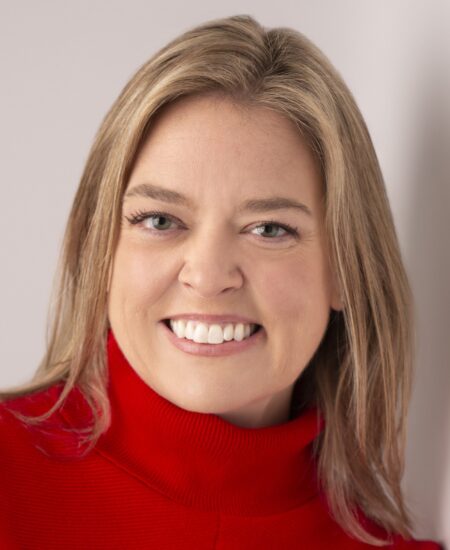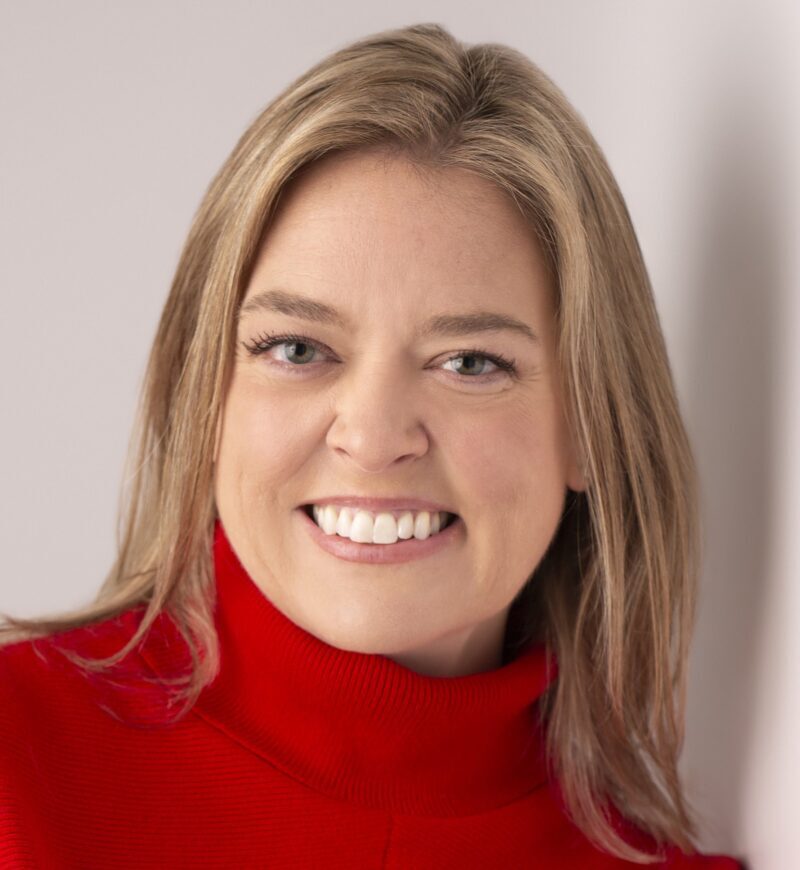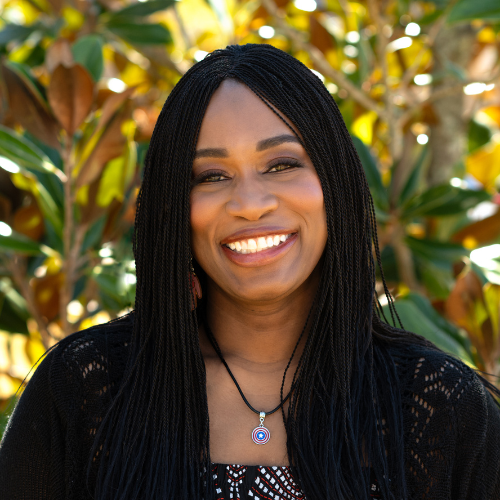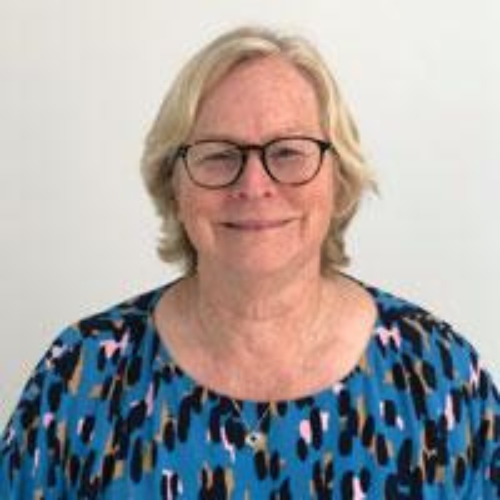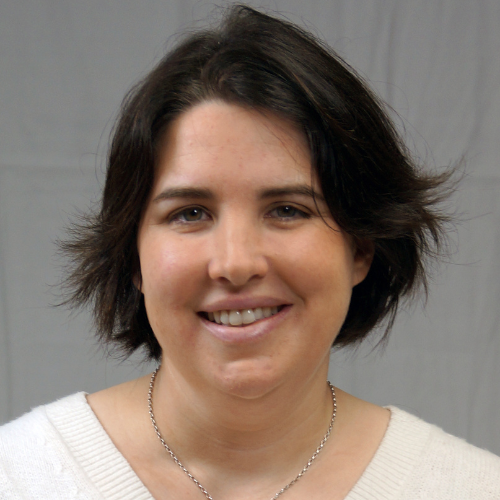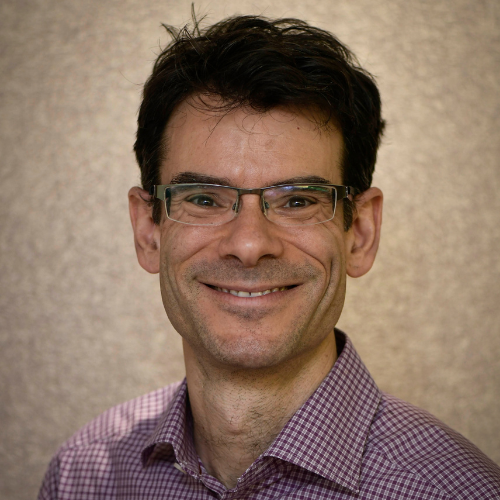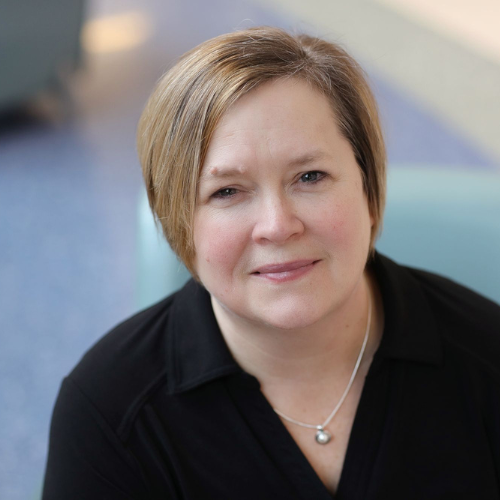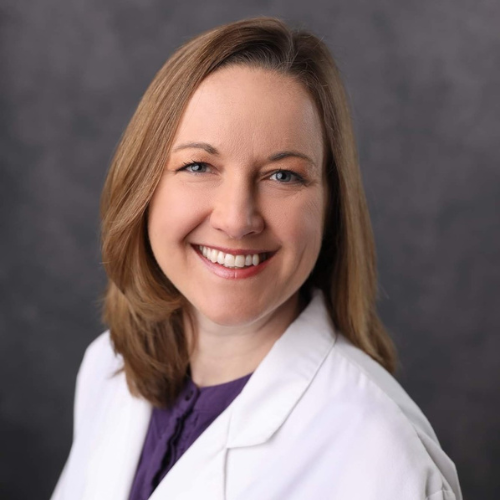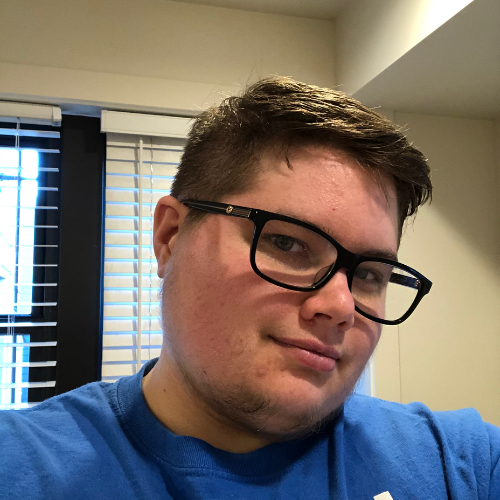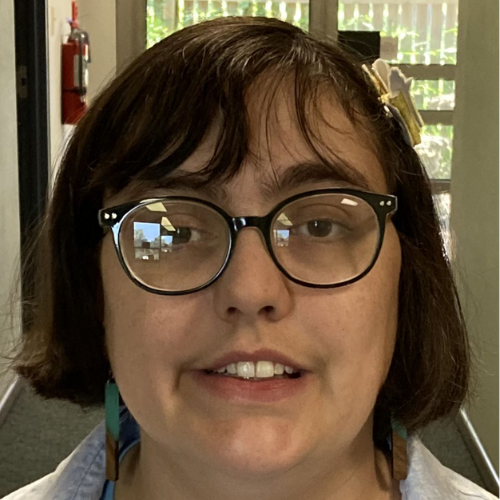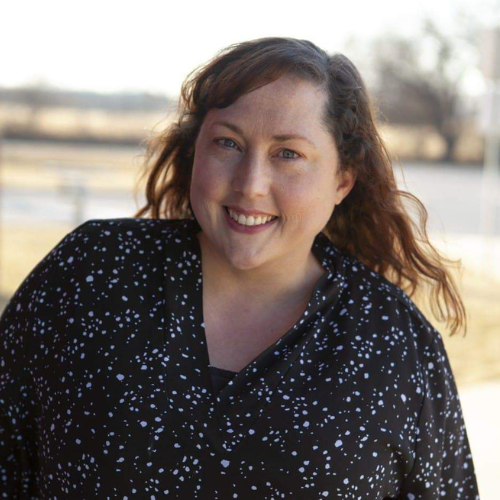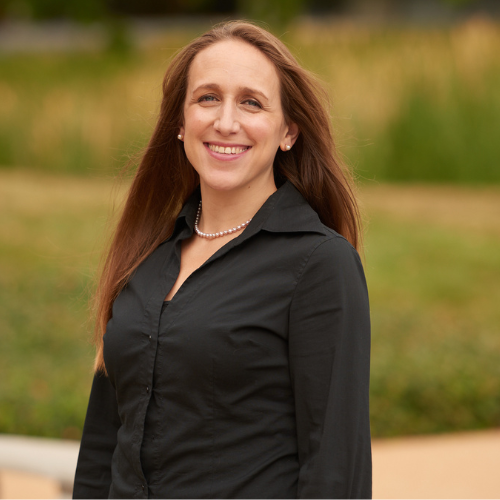

Free On-Demand
ECHO Autism Communities Symposium 2024
Watch part or all of this year’s symposium any time.



+
PARTICIPANTS
th
ANNUAL SYMPOSIUM
PRESENTERS
+
HOURS OF INSTRUCTION
DR. KRISTIN SOHL, EXECUTIVE DIRECTOR
For Health Professionals, Advocates, and Autistic Individuals
“The ECHO Autism Communities Symposium unites professionals and advocates globally around key concepts to ignite important conversations and take action together. Learn from leading experts as we engage in empowering ourselves and each other through knowledge, practice, and advocacy.”
- Free to everyone
- Watch any time on-demand
- Improve your autism knowledge
2024 PRESENTATIONS
Pick A Video To Get Started



ECHO Autism Communities Symposium Speakers
Kristin Sohl MD, FAAP
Executive DirectorMorénike Giwa Onaiwu, PhD, MA
Sincerely, Your Autistic ChildDr. Catherine Lord, PhD
Equitable Access to Global Autism EvaluationsDr. Somer Bishop, PhD
Equitable Access to Global Autism EvaluationsValeria Nanclares PsyD
Director of Program Development and Global ExpansionLonnie Zwaigenbaum, MD
Equitable Access to Global Autism EvaluationsRena Sorensen, PhD
Behavior As CommunicationStephen Shore, Ed.D
Listen to the Spectrum: See Possibilities in All AbilitiesDr. Maya Moody
NeurodiversityKris Guin
Listen to the Spectrum: See Possibilities in All AbilitiesNicole Noblet
Listen to the Spectrum: See Possibilities in All AbilitiesArielle Speer, LCSW
Listen to the Spectrum: See Possibilities in All AbilitiesJamie Scaccia, PsyD
Autism and TraumaJOIN AN ECHO




